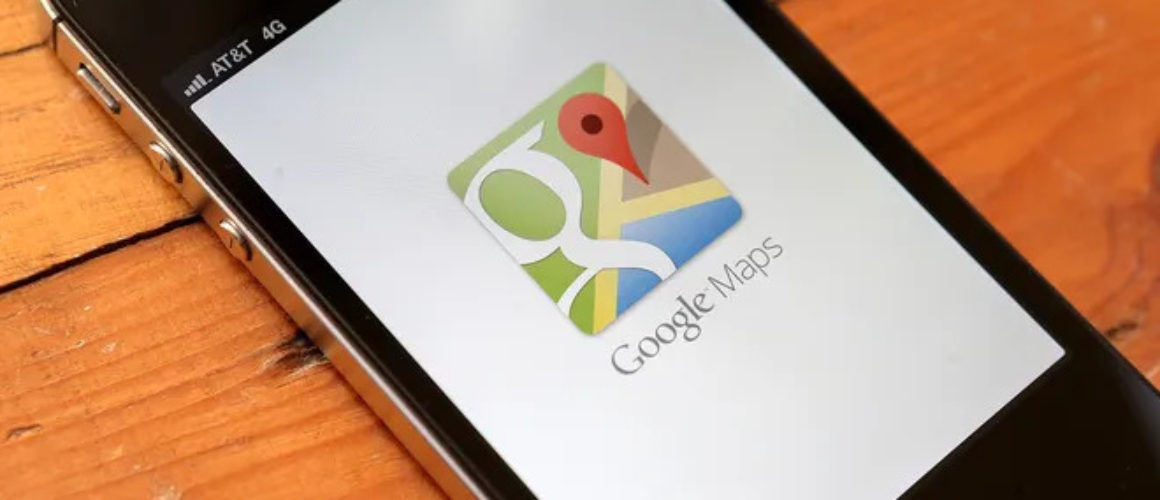GPS Trackers vs Smartphones
Technological developments have been a fantastic feat to witness throughout the years. From devices that aim to serve a single purpose to multi-functional tools that captivate the masses, technology continues to be a big part of today’s lifestyles.
One tool that continues to have a big impact on business, safety, hobby, or our personal lives is the humble GPS tracker. However, as GPS continues to evolve and even integrate into modern smartphones, is there a point in buying a GPS tracker instead of just a smartphone?
Read on to understand how GPS trackers work and discover why you need GPS trackers (and no, not the one integrated into your phone).
GPS Trackers and How They Work
A GPS tracker is a portable device that allows you to monitor, track, and relay accurate locations using GPS technology. In some cases, GPS data collected from a tracker is broadcasted to another device (not limited to smartphones, tablets, or computers).
But how can a GPS tracker do all of these? Pinpointing a user’s location is possible because of the process called “trilateration.” By nature, GPS trackers are connected to at least three or more satellites that are then used to determine longitude, latitude, time, and elevation.
However, it is crucial to understand that the satellites must be connected to the Global Navigation Satellite System (GNSS) network for accuracy and real-time updating.
Smartphones as Tracking Devices
The smartphone industry continues to be competitive. With a fierce fight to produce the newest and standout features, a built-in GPS is a given option that every device must have. With this, one’s handheld device can now be a portable tracking device.
Continuous integrations on a smartphone allow users to access specific navigations or route determinations. Whether you’re driving or taking public transportation, your smartphone can help you navigate through the traffic or help identify which subway lines to take.
The innate GPS option of a smartphone helps users track a loved one or a group of friends, especially when traveling in a new place. Also, a phone’s internet connection allows users to save directions or route information for offline use in the future.
GPS Trackers vs Smartphones: Which One to Choose?
Whether you intend to use a tracking device for personal reasons, entrepreneurial ventures, or safeguarding purposes, there’s a massive difference between smartphones as tracking devices and a GPS tracker. Listed below are the pros and cons of each device.
- Accurate and Consistent Location Tracking
There’s a fundamental difference between the location-tracking capacities of a GPS tracker device and a smartphone. A smartphone relies on cell/site towers to pinpoint a user’s location. On the other hand, GPS trackers connect to GPS satellites.Let’s imagine this scenario. You are driving to a new city when you come across a crossroad. You refresh your phone’s GPS app and it cannot seem to display your current location because you’re no longer connected to the internet. Worse, you don’t have network reception. This situation renders a smartphone useless for determining your current location.
By utilizing GPS satellites, GPS trackers help you access consistent, accurate, and real-time tracking. It doesn’t need a cell network to function. Also, GPS trackers let you view preloaded location coverage without worries about getting lost in a remote area.
- Reliable Battery Life
A smartphone’s battery life only guarantees a day’s worth of use. Granted that this usage combines scrolling through social media apps, browsing the internet, or taking Instagram-worthy photos and videos.But what if it’s solely used for location tracking? While no studies suggest an accurate battery life of a smartphone for this particular purpose, having a dedicated device for monitoring is a must-have for hikers or mountaineers, freight movers, divers, and drivers.
An extra battery or a power bank can save you from a dead battery predicament, but it won’t keep you from using your smartphone efficiently.
After all, you might use your phone to connect with family members, friends, and colleagues or even take photos while driving to a new location.
A dedicated GPS tracker is designed to provide optimal functionality and reliable battery life for its users. Aside from this feature, a GPS tracker for vehicles is connected to the vehicle’s power system, so you’ll never have to worry about battery problems while driving.
How about hikers or mountaineers who want to connect with nature and enjoy the wild? There are GPS trackers built to accommodate such specific functionality. Having these trackers by your side is better while hiking, trekking, hunting, or backpacking.
Like earth adventurers, water sports enthusiasts such as divers or boating hobbyists can also benefit from the battery life of a GPS tracker.
- User-Friendly Interface
Smartphones are handy, portable, compact, and lightweight. While these qualities naturally gravitate users to rely on them for various functions, this may not be feasible for location tracking.Portable GPS trackers, commonly used for hiking or backpacking, are programmed to help you navigate the terrains without having to access settings while walking.
- Lifestyle Suitable Design
Whether it’s for your car, your next hike, or your next ocean adventure, a specific GPS tracker awaits you. There’s no need to configure settings or fumble to connect to the internet or other accessories you don’t need.Unlike a smartphone, where you need to calibrate location settings or make sure that you have a power source nearby, a GPS tracker allows you to embark on a journey safer and quicker.
- Peace and Safety in Mind
Danger and unknown threats lurk in every corner of this world. This can only mean that you have to take protective measures to keep your loved ones safe. Fortunately, modern tools like trusty GPS trackers allow you to monitor family members even from afar.Smartphones are only programmed to pinpoint the device’s location. If your kid leaves it behind, there are no other means for you to determine their whereabouts. Advanced GPS trackers, on the other hand, do more than provide your loved one’s location.
Depending on the tracker you use, you can have access to your loved one’s travel route. This feature is ideal for children who are walking from your house to their school. Also, you can program GPS trackers to send you regular updates and alerts that indicate whether your loved ones have safely arrived at their destination.
- Data Privacy
Organizations, big or small, will collect data from you with the help of a smartphone. Your smartphone’s connection to the internet while accessing location services is visible to businesses that will utilize it for their campaigns and more.Data collected on GPS trackers, on the other hand, remains only visible to the user. Moreover, location data cannot easily be tampered with on GPS trackers. Unlike smartphones, where location settings can be turned off, GPS trackers are constantly working to provide you with accurate navigation.
Location tracking and monitoring are essential aspects of everyone’s lives. Whether through daily commutes, hobbies like diving or hiking, and even entrepreneurial applications like fleet management or shipment tracking, location monitoring and navigating are more manageable with the help of a trusty GPS tracker.




